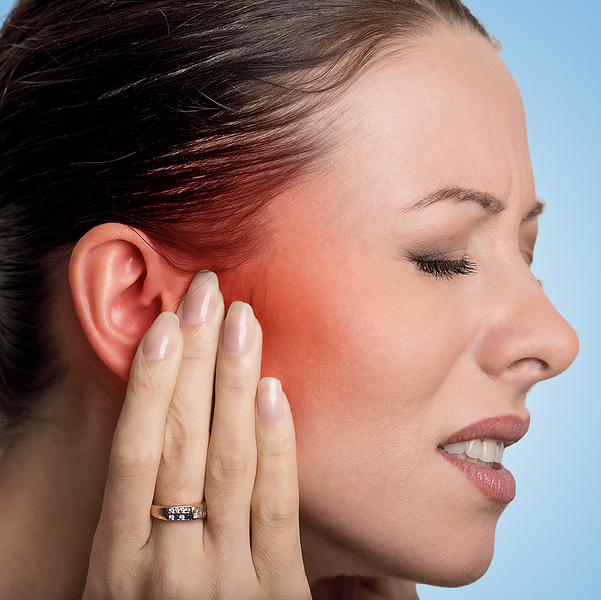Tinnitus Overview
Common Causes of Tinnitus
Tinnitus ringing in the ears, occurs when a constant sound seems to originate in your ear or head. Tinnitus could present itself as ringing, crickets, roaring, buzzing, hissing, or something else along those lines. People often report that their symptoms sound louder when the environment is quieter (e.g., when getting ready for bed at night). While the cause of an individual’s tinnitus is sometimes unknown, tinnitus is most often related to high-pitched hearing loss. However, it can also occur without any hearing loss at all. In fact, approximately 10% of people with normal hearing experience tinnitus. Occasional, short-lasting ringing is normal, but if tinnitus occurs frequently or continuously, or if it occurs in only one ear, a consultation with a hearing healthcare professional is warranted.
Hearing loss and other ear disorders, including:
- Presbycusis (age-related hearing loss)
- Wax in the ear canal
- Middle ear infections
- Noise exposure
- Otosclerosis (fixation of middle ear bones)
- Ménière’s disease (affects hearing and balance)
- Acoustic neuroma (a small rare tumor on the acoustic nerve)
- Vascular problems in the face or neck (e.g., high blood pressure, atherosclerosis), especially if tinnitus is pulsatile
- Medicines (many prescription and non-prescription medications, including aspirin and many antibiotics, list tinnitus as a side effect)
- Dental or other problems affecting the mouth (e.g., temporomandibular joint disorder, or TMJ)
- Injuries (e.g., whiplash, direct blow to the ear or head)
- Severe weight loss from malnutrition or excessive dieting
- Neurologic disorders (e.g., multiple sclerosis, migraine headache)

Contact us today for your own or your loved one’s personalized hearing evaluation or hearing questions.
248-889-7600 (Highland Office)
517-548-5900 (Howell Office)
contact us
